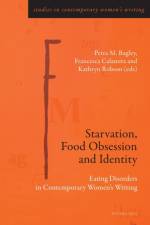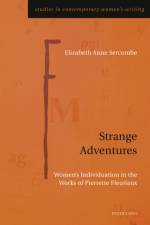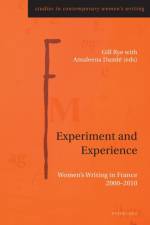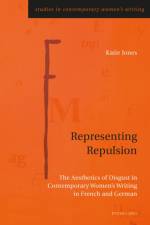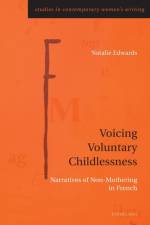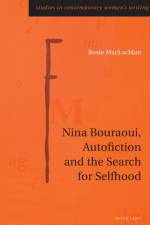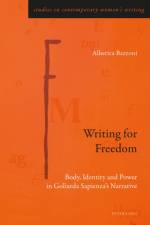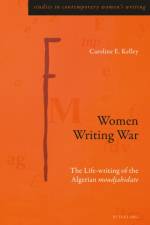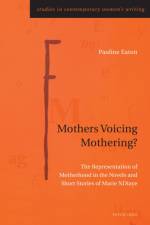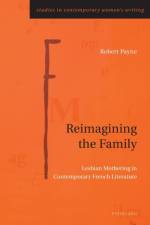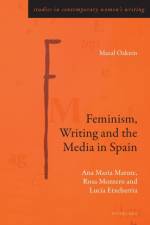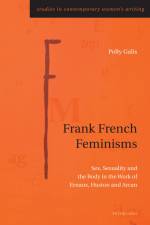av Polly Galis
651
«In this important comparative study, Polly Galis provides an illuminating ¿ and frank ¿ examination of the feminist tensions inherent in the inclusive and often transgressive modalities of female sexuality put forward by Nancy Huston, Nelly Arcan and Annie Ernaux, writers whose work subversively troubles the divide between 'good' and 'bad' models of bodily pleasure and desire.» (Siobhán McIlvanney, Professor of French and Francophone Women¿s Writing, King¿s College London)«An in-depth look at three important French-language women writers who tackle gender stereotypes, desire, the body, language and empowerment, this richly documented study is rigorous, thorough, illuminating and highly readable, with broader implications for contemporary feminism and women¿s writing within and beyond France and Quebec. A major contribution.» (Lori Saint-Martin, Professor of Literary Studies, University of Quebec in Montreal)This book is the first comparative study of the work of Francophone authors Annie Ernaux, Nancy Huston and Nelly Arcan, exploring their representation of sex, sexuality and the body. This book examines their narrative treatment of dominant sexual discourses, sexual difference and diverse feminine bodily experience, and thereby reveals these writers¿ distinctive contribution to contemporary women¿s writing in French and different feminisms, defined as «frank» French feminism. This feminist approach consists in tackling gender inequality, sexism and misogyny, while recognising the difficulties involved in feminist action, and acknowledging that adherence to allegedly oppressive gender stereotypes can actually prove enjoyable and empowering for women. This study examines the authors¿ earliest to latest publications and multiple genres and media, including fictional and autofictional novels, autobiographies, critical essays, phototexts, diaries, journals, illustrated oeuvres, media addresses and newspaper articles.This book project was the Winner of the 2019 Peter Lang Young Scholars Competition in Contemporary Women¿s Writing in French.

